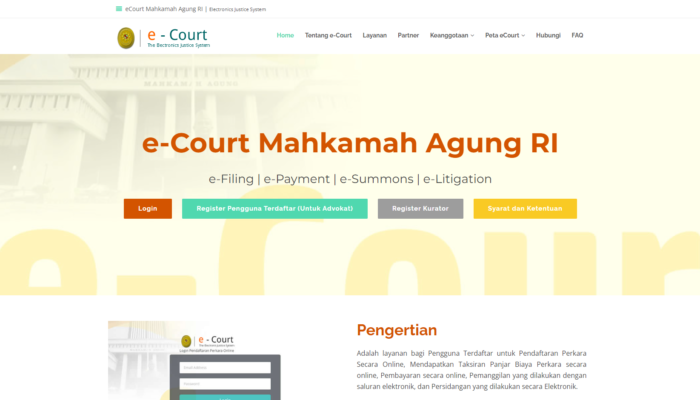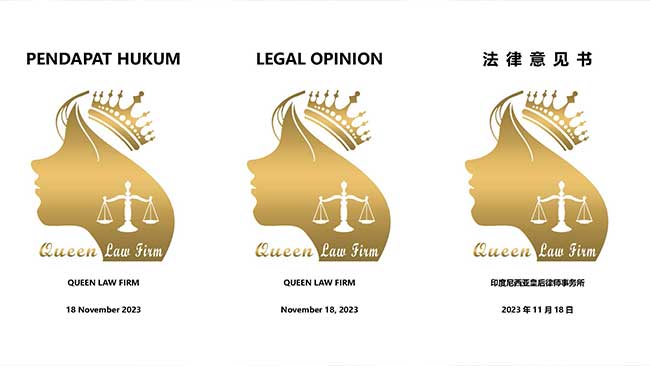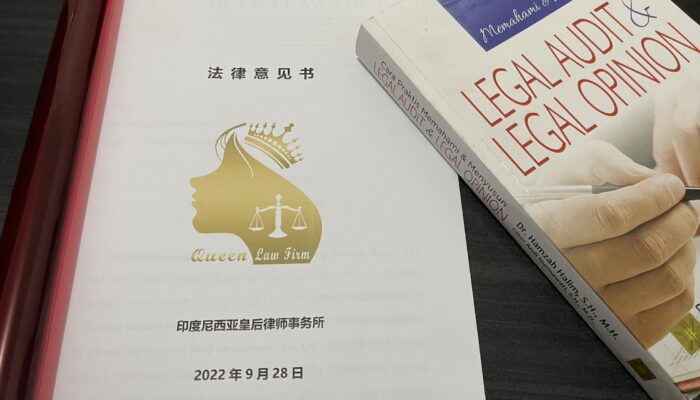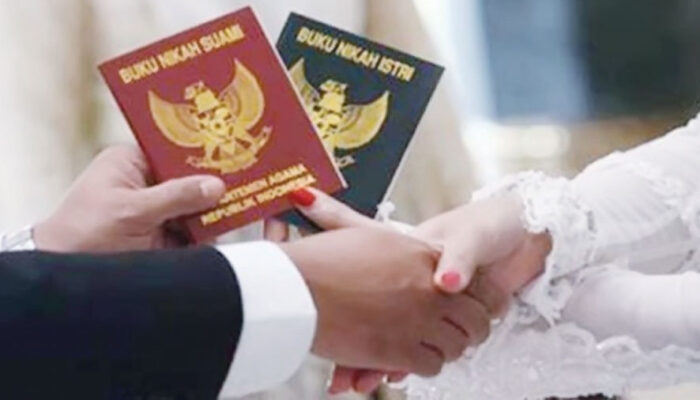Indonesia, as a continuously developing nation, views technological innovation not only as a tool for economic and social progress but also as a means to enhance its judicial system. In an effort to provide easier, faster, and more transparent access to justice, Indonesia has launched the E-Court system aimed at reshaping the country’s judicial landscape.
What is the E-Court System?
E-Court is a service for Registered Users to Register Cases Online, Obtain Estimates of Case Deposit Fees Online, Make Online Payments, Summonings Conducted through Electronic Channels, and Electronic Hearings.
Benefits of the E-Court System
- Improved Accessibility: One of the primary benefits of the E-Court system is providing easier access to justice for the public. By enabling online submission of documents and monitoring of case progress, individuals no longer need to physically visit the court, saving time and travel costs.
- Faster Processes: By eliminating the need for manual handling of documents and other administrative processes, the E-Court system helps expedite the judicial process. This can reduce case backlogs and ensure that court decisions can be reached more quickly.
- Efficiency and Transparency: With all documents available online, both parties involved in a case and the public can access information more easily. This enhances the transparency of the judicial system and makes legal processes easier to monitor.
- Data Security: The E-Court system is designed with high standards of data security to protect sensitive data related to legal cases. With robust data encryption and strict access controls, the system provides better security to prevent data breaches.
Challenges and Future Development
While the E-Court system offers many benefits, its implementation is not without challenges. Some challenges include uneven technological infrastructure across Indonesia, the need for court staff training on technology usage, and ensuring that access to the system is not discriminatory against individuals who may lack internet access.
To address these challenges, the government and relevant stakeholders need to continue developing the E-Court system by allocating sufficient resources, providing adequate training, and ensuring that technological infrastructure is available evenly across Indonesia.
The future development of the E-Court system should also consider aspects such as integration with international judicial systems, the use of artificial intelligence for legal data analysis, and the development of mobile applications to enhance accessibility.
Conclusion
The E-Court system is a significant step forward in modernizing Indonesia’s judicial system. By providing better accessibility, expediting judicial processes, improving efficiency, and enhancing transparency, E-Court brings hope for greater justice to all segments of society. However, to realize its full potential, sustained efforts are needed from all stakeholders to address challenges and continuously develop the system towards a more inclusive and effective future.










